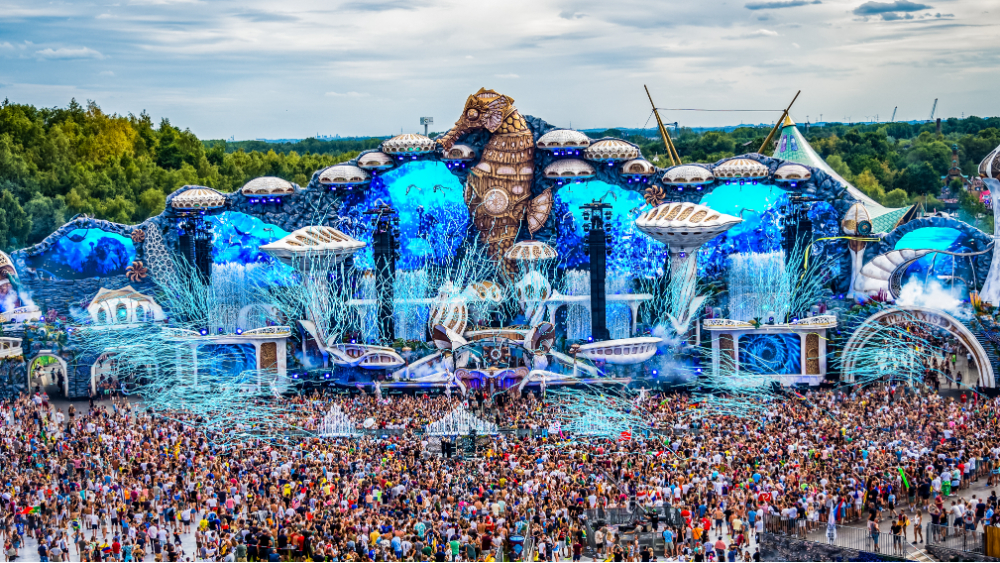
BANGKOK — Thailand is set to host the world-famous electronic music festival Tomorrowland for the first time in 2026, marking a significant milestone in the country’s efforts to expand its global cultural footprint and stimulate tourism.
The announcement was confirmed this week by Thapanee Kiatphaibool, Governor of the Tourism Authority of Thailand (TAT), following a meeting between Prime Minister Paetongtarn Shinawatra and key executives from Tomorrowland, including CEO Bruno Vanwelsenaers and senior official Filip Teerlinck. The meeting took place in Bangkok and focused on formalising plans for the event and exploring long-term collaboration.
Tomorrowland, originally founded in Belgium, is one of the world’s largest and most iconic electronic dance music (EDM) festivals. Attracting hundreds of thousands of attendees annually, the event is known for its elaborate stage designs, immersive experiences, and performances by top international DJs.
Bringing the festival to Thailand is part of the government’s broader “soft power” strategy — a policy that uses culture, entertainment, and creative industries to enhance the country’s image and influence on the global stage. In Thailand, soft power often involves promoting traditional culture, cuisine, arts, and entertainment to international audiences.
“This is an opportunity to spotlight Thai artists, energise our music industry, and set a new standard for hosting global concerts in Thailand,” Prime Minister Paetongtarn said after the meeting. She noted that Thailand is not simply a host venue but aims to become a central part of the festival’s identity, with plans to integrate Thai cultural elements into the event.
The Prime Minister also linked the move to previous efforts under former Prime Minister Srettha Thavisin, highlighting continuity in the government’s vision to position Thailand as a world-class destination for large-scale events.
Thapanee, head of the TAT, added that the arrival of Tomorrowland is expected to significantly boost the tourism sector, attracting international visitors and generating income for local communities. Tourism is a key pillar of Thailand’s economy, and large events like this play a vital role in extending the country’s appeal beyond traditional travel experiences.
In her statement, Paetongtarn called Tomorrowland “not just entertainment — it’s a new opportunity, a new economy, new income, and a new path for Thai people in the creative industry.”
Conclusion
Tomorrowland’s debut in Thailand represents more than just a music festival — it is a strategic effort to showcase Thai creativity on a global stage and tap into the growing international demand for cultural and experiential travel. With preparations underway for the 2026 launch, the event is expected to draw global attention and open new doors for the country’s tourism and creative sectors.



